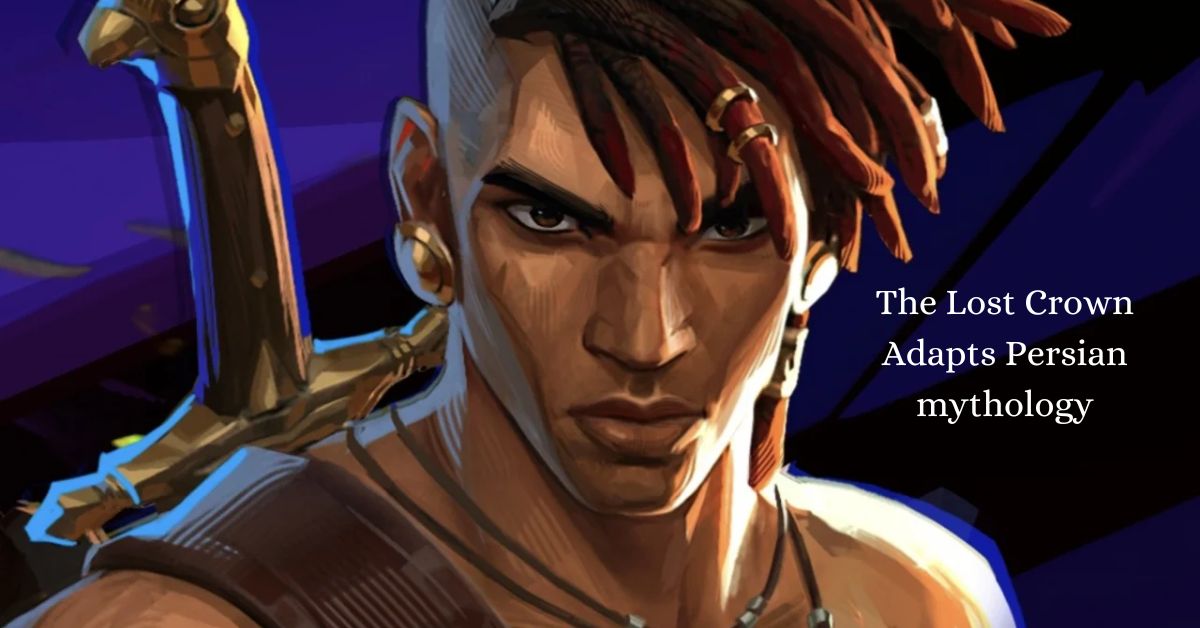How Prince of Persia: The Lost Crown Adapts Persian Mythology: The Lost Crown gives Persian mythology a long-standing representation within the gaming realm, harkening back to the collection’s origins.
Prince of Persia: The Lost Crown will arrive in January 2024. Marking the return of the once-beloved franchise after an absence of over a decade. Many consider the Prince of Persia games to be the progenitors of the Assassin’s Creed franchise and the two collections have many similarities. Their connection with inscriptions and myths is most obvious. Prince of Persia may not have featured the elaborately modeled historical cities that have helped make AC famous. But it was generally based on medieval Persian history and allusion. Prince of Persia: The Lost Crown Could Be No Different; The reveal trailer shows off plenty of animals from the Persian tale.
Different mythologies have performed as settings for video games. In recent years, God of War has drawn from Norse mythology, Hades from Greek mythology, and Nioh from Japanese mythology and folklore. Taking from legends and ancient religions filled with epic stories is most effective, and these video games are just a handful of cutting-edge titles doing just that. Persian mythology and religion were highly influential. Although largely neglected in the gaming realm. Ancient Persian myths influenced Egyptian and Greek deities, and Zoroastrianism later inspired the beliefs behind Christianity, Judaism, and Islam. Prince of Persia: The Lost Crown will belatedly shed light on some iconic Persian myths.
How Prince of Persia: The Lost Crown Adapts Persian Mythology
The Manticore
The main animal featured in the trailer is the Manticore. Which has its origins in Persian mythology but also appears in Greek writings due to the mixing of empires. Manticore is said to be a pink furry animal which has a head like a man. A body like a lion and a tail like a scorpion. It is said that this monster is quite dangerous and uses a combination of its huge claws and poisonous tail to bring down its prey. It can be seen using all those abilities in the False Crown’s display trailer. The Manticore also arises in God of War: Ascension.
Azadaha
Azadaha is sometimes defined as a dragon, and is said to exist if you wish to live in the air, in the sea, and on land. Persian mythology often depicts the animal as a giant feathered serpent. Prince of Persia: The Lost Crown appears to be taking innovative liberties with its depiction of the mythology, as its wings are not visible, at least in the trailer. Unlike the Manticore, whose abilities are shown in the trailer and are in line with the mythology. Azadah’s abilities in the game and the extent of her fidelity to the real-life lore are still a mystery.
Apaush
Apaush is one of the figures that appears in the trailer for The Lost Crown. Unlike previously depicted mythological monsters. Apaush is a humanoid monster. He is depicted riding a black horse. In Persian mythology, Apaushis a demon of famine and the counterpart of Tishtyara. A benevolent deity who brings fertility and rain. Prince of Persia depicts Apaush and his horse as closely armoured, and people with strange parents may mistake him for an everyday soldier. It’s possible that his attacks lean towards mythological aspects. But very little of them is shown in the trailer.
Apart from these mythological figures.The trailer features some different fantastical animals and formidable enemies. Prince of Persia: The Lost Crown will be reminiscent of the series that began as another sidescroller and will provide some long-awaited representation of Persian mythology in the gaming realm. While The Lost Crown is the first Prince of Persia game in over a decade. It’s not the most impressive game in the pipeline. Prince of Persia: The Sands of Time is getting a remake. And if both games perform well, it’s possible the series could come back for good.
Read This: Overwatch® 2 – Season 8: Call of Discovery begins on December 5th.

